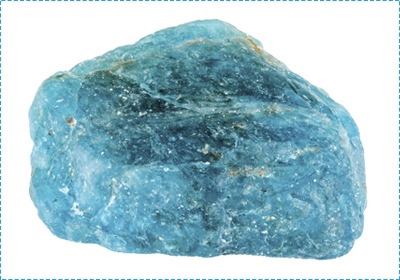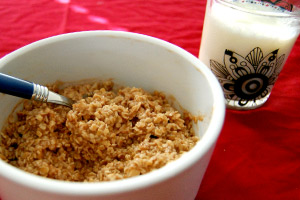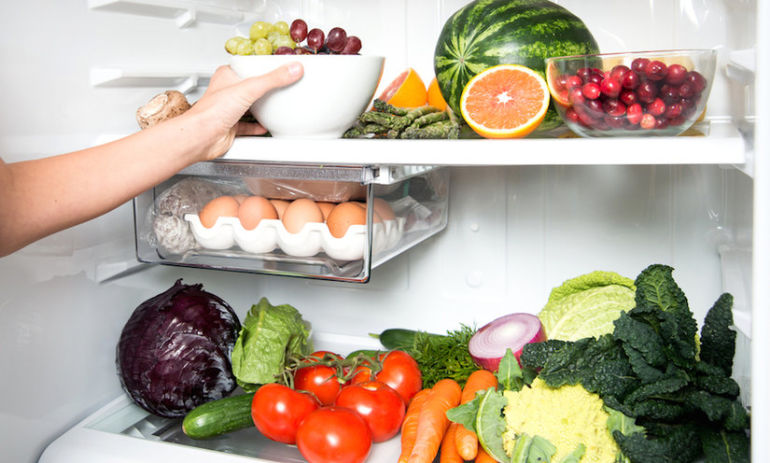The Ultimate Guide To Weight Loss
Introduction
Whether weight loss pills, liposuction, fad diets and drinks, or a number of other unreliable alternatives, we want to shed pounds quickly with little effort. The great news is you can get it fast and you can get it easily, but short of sucking the fat out of you through risky and expensive procedures, you're going to have to put in a bit work.
While exercise will greatly increase the effectiveness of your weight loss program and comes with the highest recommendations, it's not necessary, and for those with an extremely busy life style, not even an option. First, forget anything you've ever heard from a company trying to sell you a weight loss program, be it a pill, surgery, a drink, anything. Weight fluctuation comes from one thing and one thing alone: taking in more calories than your body expends in a day. In this guide, I'll take a look at where calories come from, what to avoid, tips for lowering your intake and some tricks to help you control your metabolism and lose weight more easily.
It's All about the Calories
For humans, caloric intake comes from four primary sources: fat, carbohydrates, protein, and alcohol. First, let's take a look at each source so we know how to focus our diet.
Fats: Fats are the worse type of calorie you can consume, bar none. One thing to keep in the back of your head at all times is that fat is very high in calories. Every gram of fat consumed contains 9 calories. Compare this to the 4 calories per gram in carbohydrates and protein. If you ate a slab of pure fat, in comparison to a slab of pure sugar, you'd be consuming 2.25 times more calories for an equal weight portion. Although a bit gross, it illustrates an important point'that with other sources of energy you can eat more and take in equal or fewer calories. That's only one of the benefits of staying away from fat, but since we're focusing on calories for now, I'll spare you the lecture on cholesterol and cardiovascular health.
Fats were probably great for humans once upon a time during the good ole days of cavemen who hunted for food and weren't afforded the luxury to consume regular meals. For them, fat was an important source of prolonged energy output during periods with no food source.
For today's average American, this feature of fat no longer plays a critical role, and although some fats are essential to our survival, saturated fats are the norm in our society and through this plan we'll get plenty of the essentials from some recommended food items. So for our purposes, I would recommend consuming as little fat as possible beyond those items.
Carbohydrates: Carbohydrates, as stated before, contain 4 calories per gram. However, carbs, just like fats, come in a number of varieties from the very simple to complex. Carbohydrates are the main source of energy for human function as they are converted to glucose in our bloodstream. That glucose is used up in our every bodily function and movement. From the basic beating of our heart to the complex processes involved in lifting heavy weights, carbs represent our primary source of energy for work output.
Carbohydrates exist on a continuum of complexity based on the ease with which they are broken down through our saliva, stomach and other bodily processes. Simple carbs are quickly and easily converted to glucose, while the more complex carbs remain in our stomach longer as they are broken down.
The human body has evolved to know that it only needs a certain amount of glucose in most situations, so carbs which are simple and easy to convert accumulate in the blood stream quickly and cause a spike in insulin production. Insulin is a hormone that encourages the excess glucose to be quickly converted into stored energy, or fat. In this way, simple carbohydrates can be a killer for those on a weight loss program because even though they may not represent a ton of calories, eating them often results in the production of more glucose than our bodies need at that particular moment.
Simple carbohydrates are mainly sugars, such as sucrose, fructose and maltodextrin and are commonly found in sodas, sugary sweets and other tantalizing items. Unfortunately, they only provide a quick 'sugar fix? and result in lower average energy levels.
For optimal weight loss it is important to focus your diet on complex carbohydrates like those found in vegetables and whole grains. If you're interested in finding out how simple or complex a carbohydrate may be, many are ranked on the glycemic index, a resource for hypoglycemic and diabetic individuals who must carefully monitor their blood sugar throughout the day.
By consuming more complex carbs, energy is converted slowly over the course of several hours rather than minutes, resulting in longer, more sustained energy and reduced appetite. As an extra benefit, many complex carbohydrates can be found in foods that contain a large volume of non-caloric material, which helps to satiate an individual for a longer period of time. Take for example green beans, of which a typical 80 gram sample contains a mere 25 calories, versus an equal weight in a simple sugar which contains 320 calories.
Here's an excellent resource on the glycemic index and how various foods fit into the spectrum. http://www.healthyweightforum.org/eng/articles/glycemic-index/
Protein: Proteins, like carbohydrates, contain 4 calories per gram. They serve many functions in the body, but the most important for our purposes is producing muscle tissue and being converted into energy. When muscles fail, be it through lifting weights or running, they need to be rebuilt and that process requires protein. If the conditions are ideal, these muscles rebuild stronger and bigger than their previous state. As muscle mass increases, so too does your basal metabolic rate. In other words, the more muscle you have, the more calories you burn. In fact, for every extra pound of muscle you gain, you burn roughly 50 calories more per day. This means that by building muscle through careful use of protein supplementation in your diet, you can increase your muscle mass and train your body to burn more calories. However, don't take in too much protein, or you'll risk storing it as fat as well. Your best bet is to focus on lean protein laden foods such as turkey and chicken breast. Like green beans, these foods provide a great weight-to-calorie ratio and will fill you up for extended periods of time.
Alcohol: Oh alcohol, how we love to hate you. Alcohol, unlike carbs or protein, contains 7 calories per gram. As you might imagine, the main source of alcohol calories comes through beer, wine and distilled spirits such as vodka. There are very few recommendations needed for alcohol consumption. The main rule to follow is this: consume alcohol in moderation. If you drink a lot of alcohol, not only are you more likely to binge eat due to lowered inhibitions and increased appetite as a direct result of intoxication, you are also putting your body in a state of natural catabolism, where it will convert protein from which your muscles are composed, into glucose for energy. This protein conversion leaves you with less muscle, and a lower level of inherent calorie burning, or a lower basal metabolic rate. If you're a binge drinker and can't live without alcohol, then I would recommend clear distilled spirits, as they are virtually absent of any other carbohydrate and are the lowest overall in terms of calories.
However, don't mix these with sugary drinks or you'll completely remove their main attraction. The problem with heavy beers and sugary liquors is their high simple carbohydrate content. Compare the typical shot of vodka, which contains roughly 70 calories, and a typical heavy beer, which can contain as much as 170 calories, for an equal amount of ?get you drunk? alcohol.
-
20 Ways To Lose Weight
20 WAYS TO LOSE WEIGHT1. Take it one step at a timeStart by paying att
-
Losing Weight Doesn’t Have To Be A Battle
Weight loss is a very hot fitness topic among individuals who str
-
Flat Belly Principles – Get Yourself A Flat Tummy
The following are two flat stomach rules to obtain the flat belly you
-
Lose Weight and Stomach Fat with the Truth About Abs
The Reality About Abs program has been designed and developed by Su
-
What Is Processed Meat? Why Is It Bad?
Super-Junk: Processed sausage wrapped in pastry and cheese ̵
-
Metabolism and weight loss: How you burn calories
Youve probably heard people blame their weight on a slow metab
- DON'T MISS
- 5 Slimming Superfood Smoothies
- Tips For Finding Your Weight Loss Support
- What is The Best Paleo Diet Food items To Consume?
- About Slimming Patches
- Weight Loss Reviews
- I Lost Weight: I Made Slow Changes and Lost 100 Pounds
- Erasing Weekend Diet Damage
- Processed Foods Advice From Swiss Sciences Nutrition
- Landscaping, An American Pass Time
- A Couple Of Inspirational Fat loss Success Stories.




